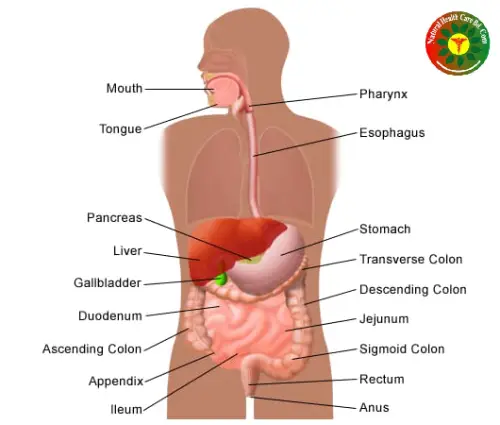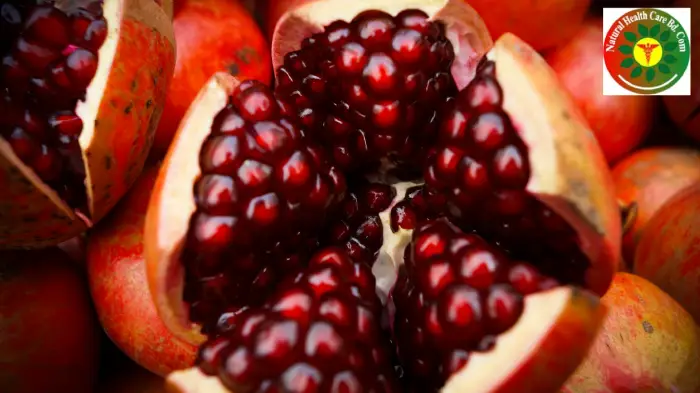10 Essential Health Tips for Ramadan
The sacred month of Ramadan is approaching. For a whole month, devout Muslims will abstain from eating and drinking throughout the day. Since eleven months of the year require living in one way, and this month in a different way, many people may experience some health problems during this time.
However, if you take some awareness and precautions while consuming food, you can deal with health problems. Let's find out 10 easy ways to stay healthy during this fast.
Other awareness and precautions, along with consuming food during fasting-
1. Avoid fried foods:
Many people think that if there is no fried food at Iftar.
2. Do not skip Sehri:
Incorporate foods rich in carbohydrates and protein to support your body's energy needs. Along with fiber-rich vegetables and fruits, ensure you stay well-hydrated with water during Sehri.
Because such foods are digested slowly, you can stay fresh throughout the day. And make a habit of eating this food shortly before the Fajr Azan, i.e., at the end of Sehri. If you eat Sehri at this time, your valuable Fajr prayer will not be valid.
3. Stay in a cool place during the day:
As the summer begins, it will be very sunny and hot outside during the day. If you go out at this time, you may feel extra thirsty for water due to the intense heat.
So, especially during the hottest time, i.e., at noon, try to stay in a cool place, i.e., at home or inside the office. And during this time, reduce the level of physical exertion as much as possible. Take regular breaks.
4. Avoid caffeine or tea-like foods in the evening:
On fasting days, in the evening, i.e., during or after Iftar, refrain from consuming caffeine-like drinks, such as tea, coffee, or soda-like beverages, and cold drinks, including Coke and Pepsi, as much as possible.
Make a habit of drinking more water at this time. And develop the habit of drinking more water before going to bed.
5. Eat more fresh fruits or fruit juices during Iftar:
Various types of fruits help meet our water requirements while providing the body with essential elements, including vitamins and minerals. After not eating all day, you can start Iftar with fresh fruits or fruit juices instead of eating various colorful and harmful fried foods.
During the month of Ramadan, the daily iftar meal with a variety of fruits and salads can be as follows: (1) Half a cup (125 ml) of fruit or vegetables or fruit juice, (2) One cup (250 ml) of vegetables or salad, (3) Any fruit.
6. Try to stay clean at all times:
While performing various tasks, germs in the dust can transfer to our bodies, particularly on our hands. So, like all year round, make it a habit to wash your hands regularly with yourself and your family members. Always keep yourself clean and tidy.
If someone around you has a cold, cough, or sneezes, be careful around them. Because through them, the virus can spread to your body, causing fever or other symptoms. And if you have a habit of smoking, quit immediately. And this Ramadan is an ideal time to break this bad habit.
7. Get enough sleep during fasting:
It is also essential to pay special attention to getting enough sleep during fasting. During this time, sleeping less than 7-8 hours per night can reduce your immunity. Therefore, be very careful to get enough sleep during this time. If necessary, you can take a nap if you get some time during the day.
8. Drink enough water during Iftar and Sehri:
Everyone needs to drink at least 8-12 glasses of water throughout the day. Since any drink, including water, is prohibited during the day during fasting, drink plenty of water and liquid food from Iftar to Sehri. However, it is better to avoid sugary drinks as much as possible during this time.
9. Eat slowly during Iftar:
Since you do not eat all day during fasting, you eat everything at once during Iftar. Not eating all day increases the body's need for water. Additionally, the body's nutritional needs change at this time. Therefore, it is recommended not to eat a large amount of food at once during Iftar.
To start, begin Iftar with dates and water, and then eat other foods slowly. For this reason, you can save some food to eat after Maghrib prayers. That is, make a habit of eating slowly during Iftar and avoid overeating.
However, if you do not follow the rules and live your life as you wish, then more harm than good can happen. Therefore, to stay healthy during this month of Ramadan, follow the above health advice, i.e., consistent rules in your diet and daily lifestyle, and live a healthy and beautiful life in the name of the Creator.
Ramadan is the month of self-purification. This process of self-purification is carried out through fasting. Suddenly, the traditional habits of the year change in this month.
Keep an eye on our page and website to get health advice throughout the month of Ramadan!






0 Comments